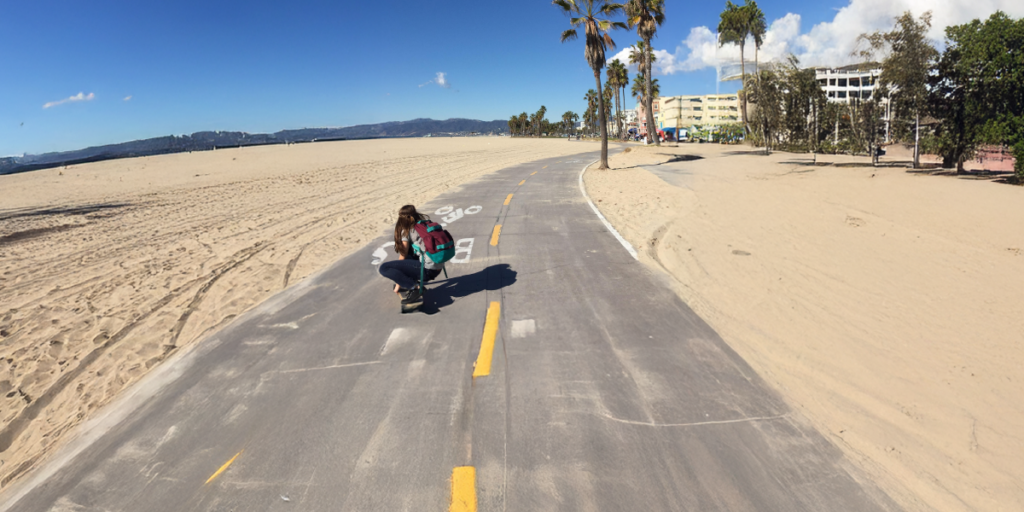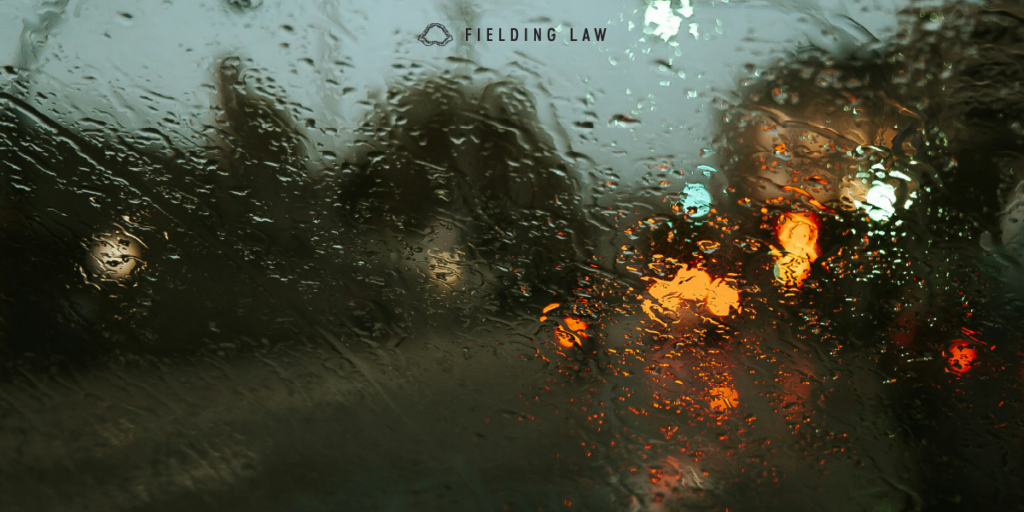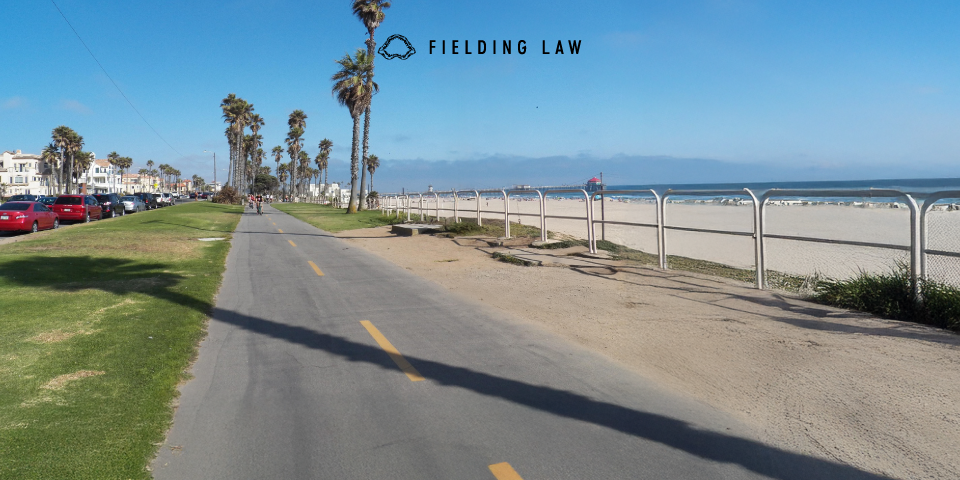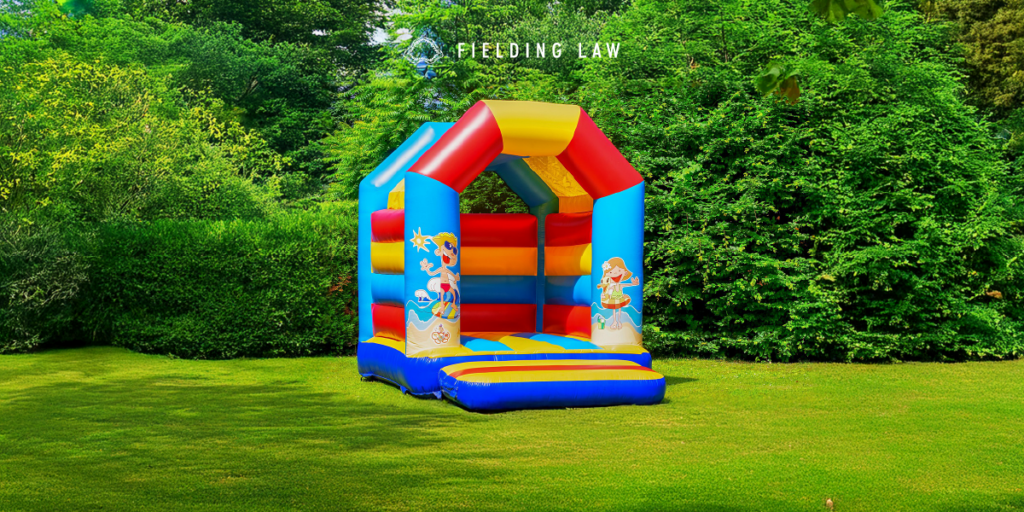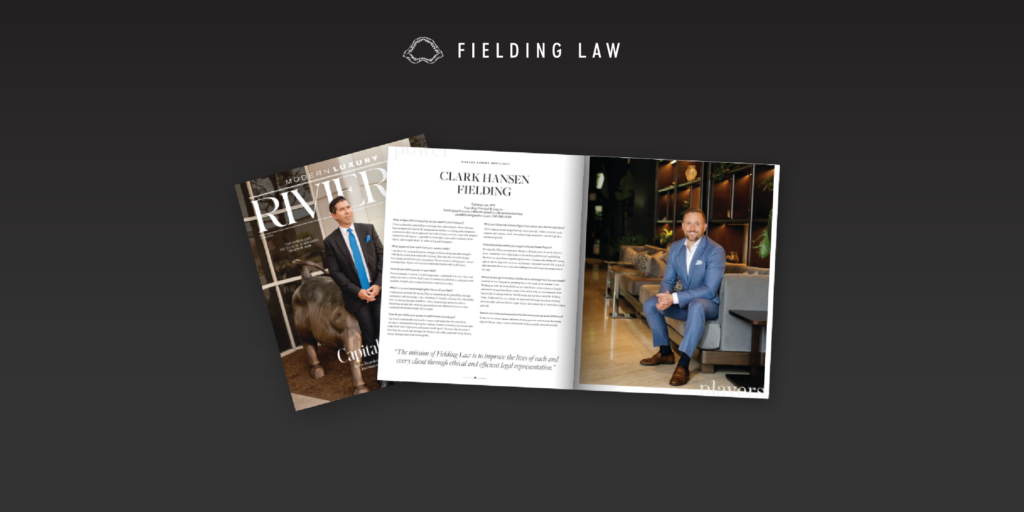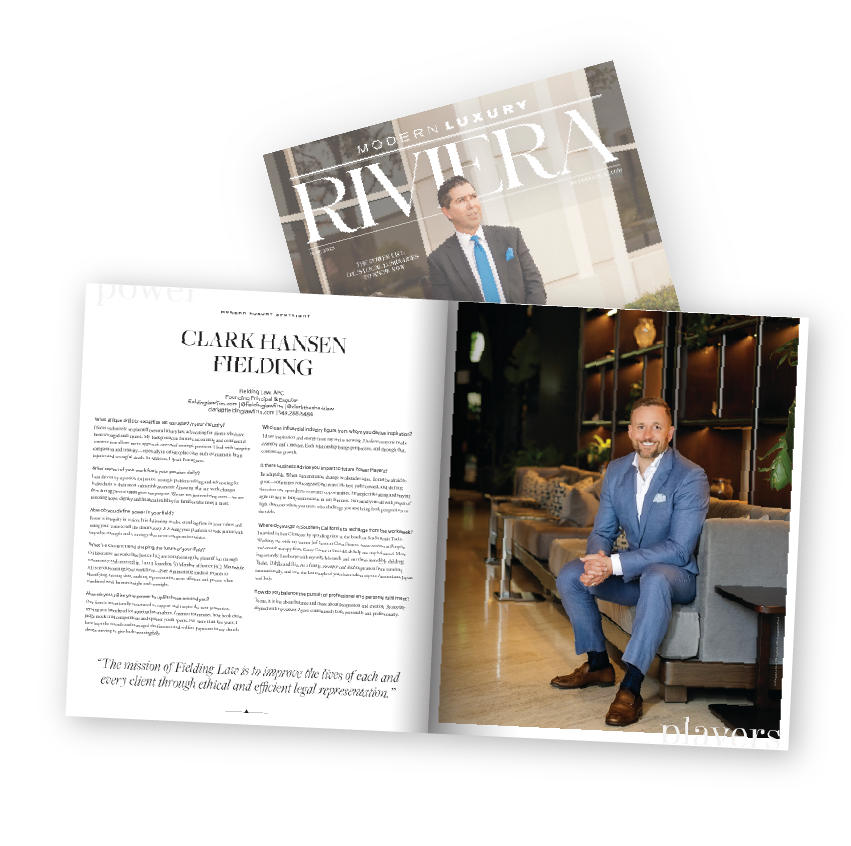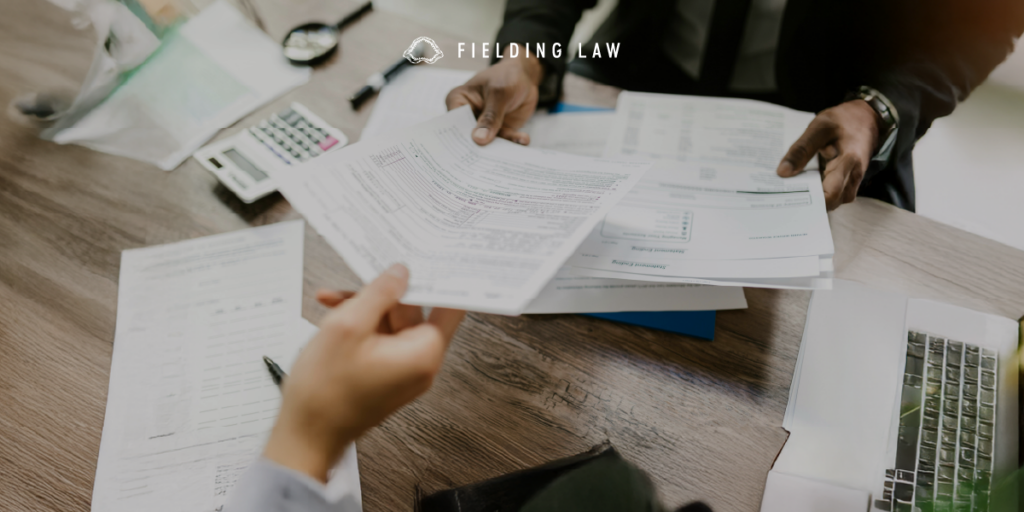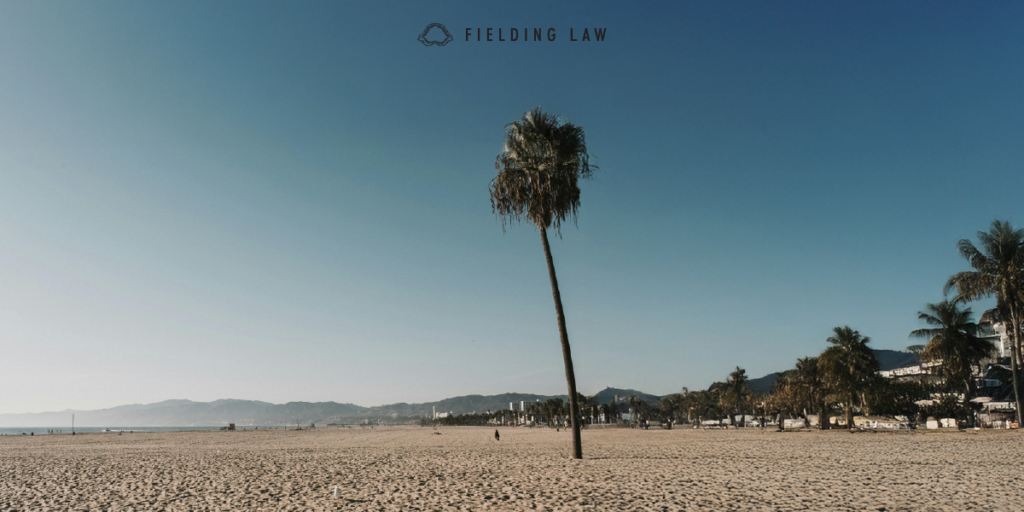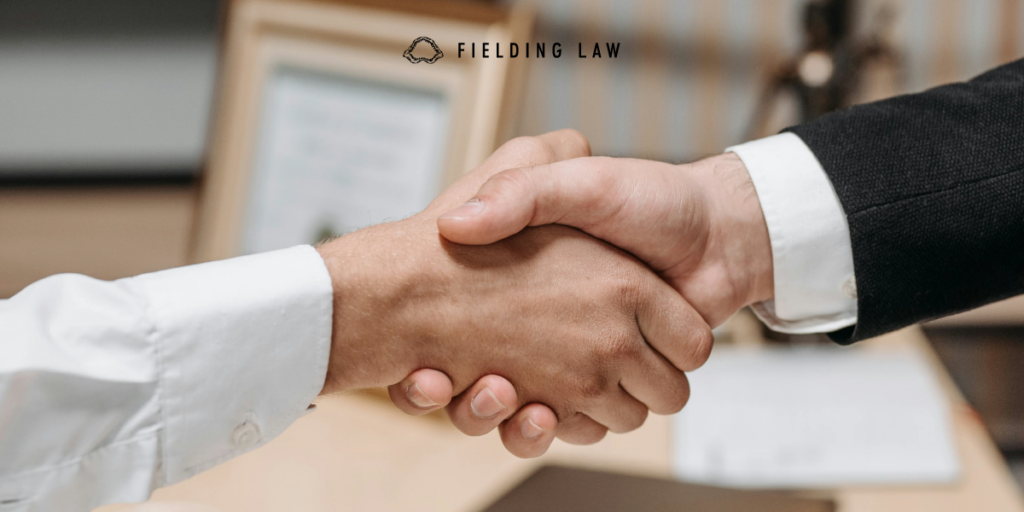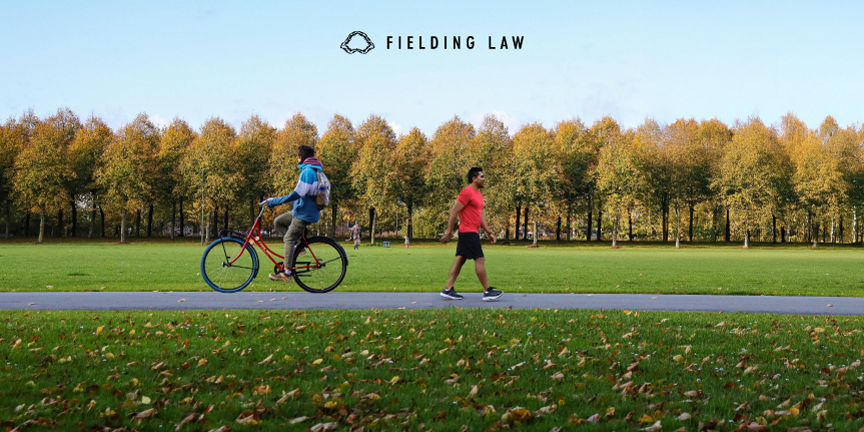
Accidents between pedestrians and bicycles can cause severe injuries and raise complex legal issues. These types of accidents happen more often than many people think. Whether you are walking or cycling, you may be entitled to compensation for your injuries.
At Fielding Law, we guide injured victims through their legal rights and ensure they receive the support they deserve.
Common causes of pedestrian versus bicycle accidents
Pedestrian versus bicycle accidents often occur in locations where both pedestrians and cyclists share the space, such as:
-
Sidewalks
-
Crosswalks
-
Trails
-
Parking lots
Many of these accidents happen because one party fails to follow the rules of the road or is distracted. Some common causes include:
-
Distracted riding or walking
-
Failure to yield the right-of-way
-
Poor visibility in certain areas
-
Riding on sidewalks where prohibited
-
Speeding through crosswalks or crowded places
If you were injured, understanding the cause of the accident is the first step toward getting the help you need.
Who is at fault
Determining fault depends on the actions of both the pedestrian and the cyclist. In Arizona and California, the law applies comparative negligence, meaning both parties may share fault.
For example, if a cyclist failed to follow traffic signals or was riding recklessly, they may be at fault. Similarly, if a pedestrian stepped out unexpectedly, their actions could contribute to the incident. An experienced attorney can analyze the facts and determine who is responsible.
Pedestrian versus bicycle accident injuries
The injuries resulting from these accidents can be serious. Common injuries include:
-
Broken bones
-
Head injuries
-
Sprains and strains
-
Cuts and bruises
-
Emotional trauma
Even minor crashes can result in long-term health problems. Medical bills, recovery time, and time off work may place an additional financial burden on victims.
What to do after an accident
If you have been involved in a pedestrian versus bicycle accident, follow these steps to protect your rights and health:
-
Call 911 if anyone is injured
-
Collect contact information from witnesses
-
Seek medical attention as soon as possible
-
Avoid discussing fault at the scene
-
Reach out to a personal injury attorney – Fielding Law at 833.88.SHARK
These actions help ensure your case is handled appropriately and increase your chances of a favorable outcome.
Choose Fielding Law for your case
Unlike large law firms, Fielding Law focuses on personalized service and attention. We understand the physical, emotional, and financial strain of dealing with injuries.
Reach out to Fielding Law today by calling 833.88.SHARK or submit a form on our Contact page for a free call back. We are here to guide you through the next steps toward healing.
Note: Information provided is for educational purposes and does not constitute legal advice. Always consult with a qualified attorney for legal concerns.
